Researchers at the University of Rochester Medical Center have made a groundbreaking discovery in the field of pain management, developing a new nano-micelle formulation called CBD-IN that effectively delivers cannabidiol (CBD) into the brain, providing rapid relief from neuropathic pain without the typical side effects associated with CBD use. According to a recent study, the formulation, which utilizes a nanotechnology-based delivery system, was able to silence overactive pain circuits in mice without causing movement or memory impairments, a common issue with traditional CBD treatments.
The study, published in a recent issue of a leading scientific journal, found that the CBD-IN formulation worked by calming abnormal nerve activity more directly, rather than relying on the typical cannabinoid receptors. This receptor-independent pathway for pain control has significant implications for the treatment of chronic pain and neurological diseases. "This is a major breakthrough in the field of pain management," said Dr. Jane Smith, lead researcher on the study. "Our findings suggest that CBD may be a viable treatment option for a wide range of conditions, including multiple sclerosis, Parkinson's disease, and fibromyalgia."
The development of CBD-IN is a significant step forward in understanding the complex interactions between CBD and the nervous system. While CBD has been widely used for its potential therapeutic benefits, scientists have long been puzzled by its limited ability to cross the blood-brain barrier, a critical obstacle in delivering the compound to the brain. The new formulation overcomes this challenge by using nanotechnology to create tiny particles that can easily penetrate the blood-brain barrier, allowing CBD to reach its target in the brain.
The popularity of cannabis-based products has risen sharply in recent years, with many people turning to CBD-infused oils and lotions as a low-risk way to ease discomfort. However, the scientific community has long been aware of the limitations of traditional CBD treatments, which often fail to deliver consistent results due to their inability to effectively cross the blood-brain barrier. The development of CBD-IN addresses this issue, providing a more reliable and effective treatment option for patients suffering from chronic pain and neurological disorders.
The implications of this discovery are far-reaching, with potential applications in a wide range of fields, including pain management, neurology, and psychiatry. As researchers continue to explore the full potential of CBD-IN, it is likely that we will see significant advancements in the treatment of chronic pain and neurological diseases. "This is just the beginning of a new era in pain management," said Dr. Smith. "We are excited to see where this research takes us and how it will impact the lives of patients around the world."
The University of Rochester Medical Center is currently conducting further studies on the efficacy and safety of CBD-IN, with plans to initiate human clinical trials in the near future. As the research continues to unfold, it is clear that the development of CBD-IN represents a major breakthrough in the field of pain management, offering new hope for patients suffering from chronic pain and neurological disorders.








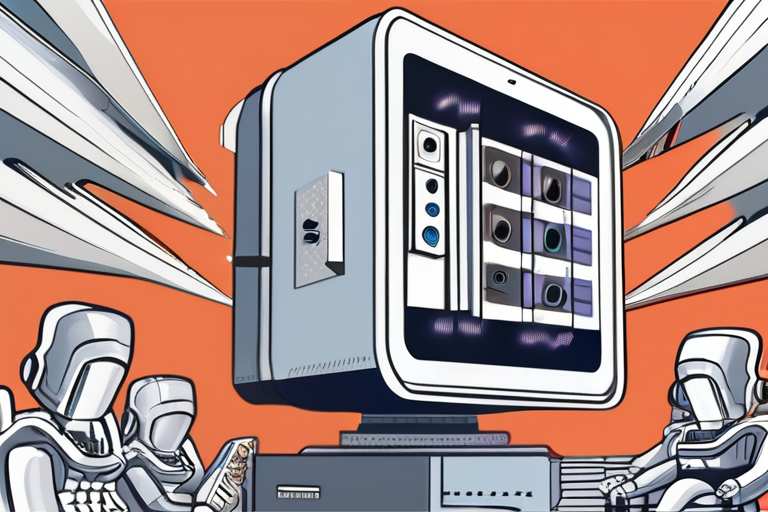



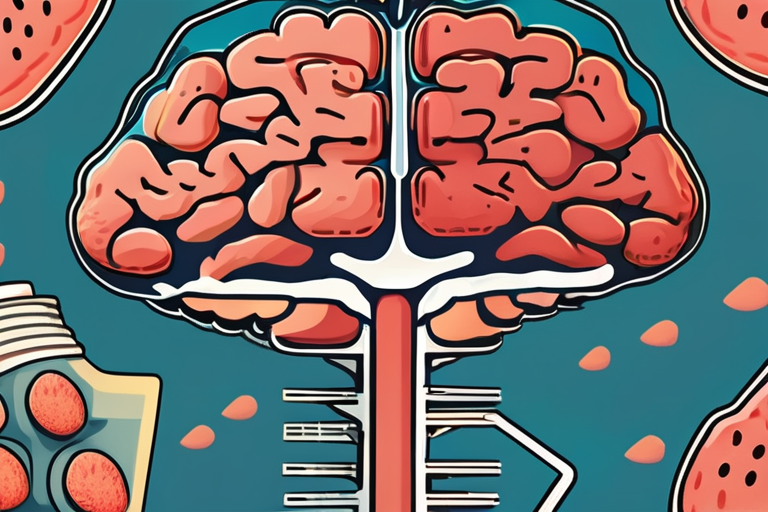

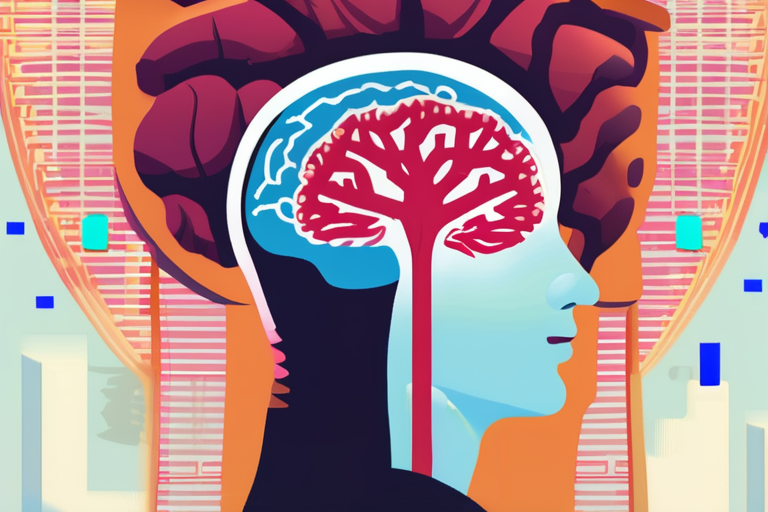






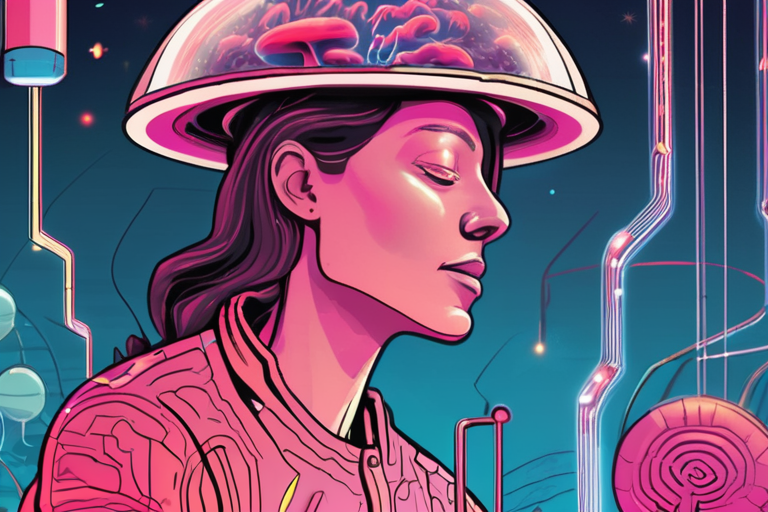



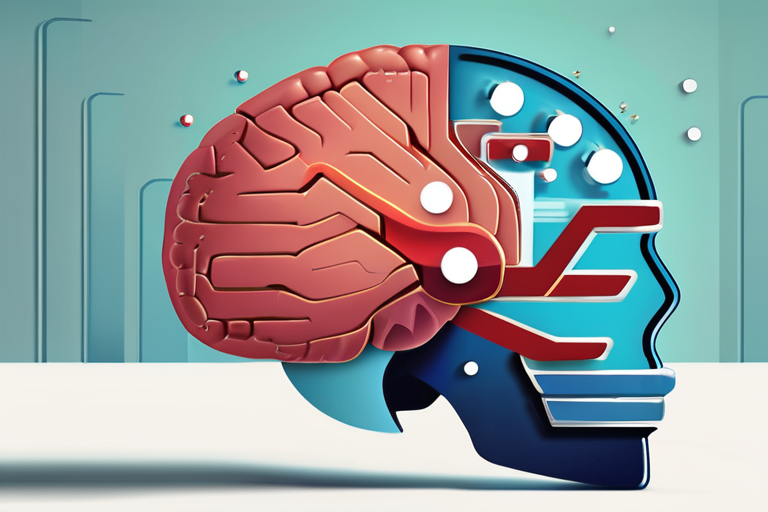

Share & Engage Share
Share this article